Former President Donald Trump’s reaction to the prosecution’s handling of witnesses in his New York hush money trial drew widespread attention and criticism. Trump’s discontent surfaced following the commencement of jury deliberations when he voiced dissatisfaction with the prosecution’s decision not to call certain witnesses. This remark ignited a flurry of responses on social media platforms and among legal experts.
Observers pointed out that Trump’s defense team had the opportunity to call any witnesses they deemed necessary during the trial. This standard courtroom procedure underscores the fundamental principle of fairness and due process in legal proceedings. Critics seized upon Trump’s complaint as an attempt to deflect attention from his defense team’s responsibilities and strategic choices during the trial.

Renato Mariotti, a prominent columnist for Politico, provided additional context by referencing Trump’s mention of Allen Weisselberg, a key figure in the case. Mariotti clarified that Trump’s defense team had the option to call Weisselberg as a witness but opted not to do so. This revelation further underscored the autonomy and discretion afforded to both the prosecution and defense in presenting their cases before a court of law.
Read More: Breaking News: Rubio Would Shed Florida Residency to Be Trump’s Vice President!
President Donald Trump Deems Jack Smith’s New Motion ‘Extremely Problematic’
Trump’s Mean Attacks on Media Suddenly Become More Dangerous!
The backlash against Trump’s complaint highlighted a broader understanding of the intricate dynamics at play within the legal system. It underscored the importance of accountability and transparency in legal proceedings, regardless of the stature or political affiliation of the individuals involved. As the trial continued to unfold, Trump’s remarks served as a focal point for discussions surrounding the principles of justice and the obligations of legal counsel in upholding them.

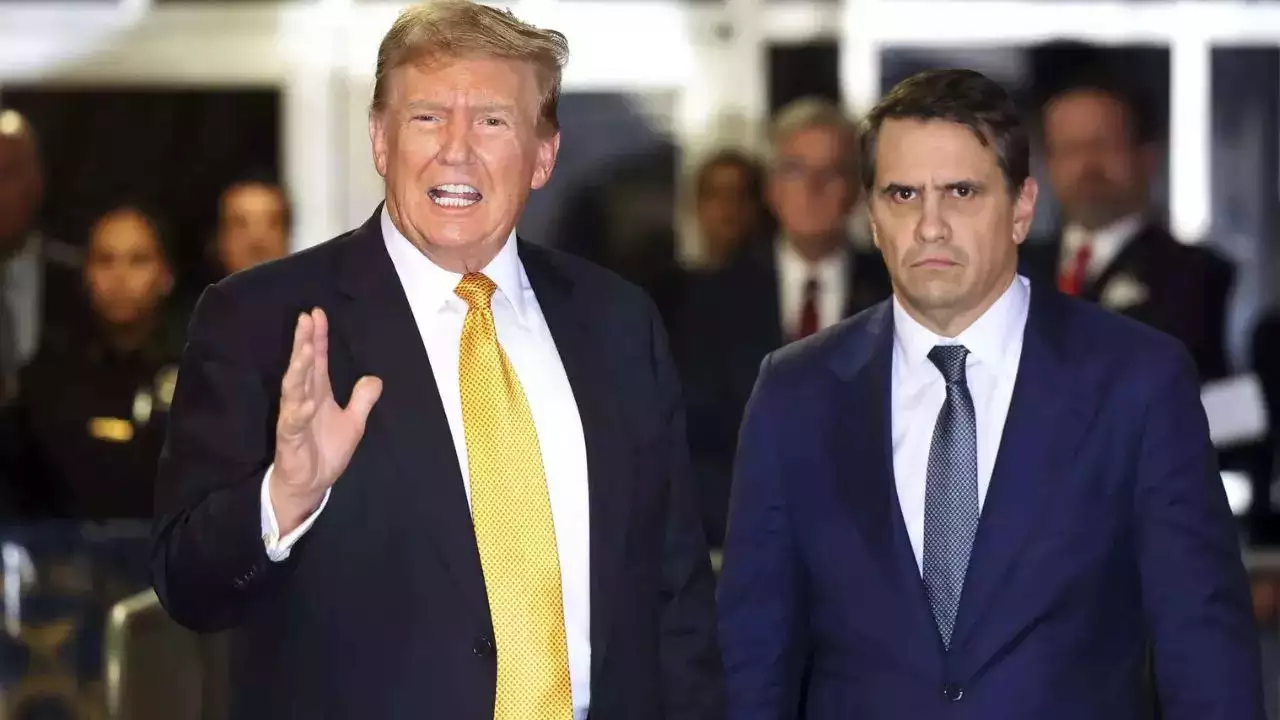
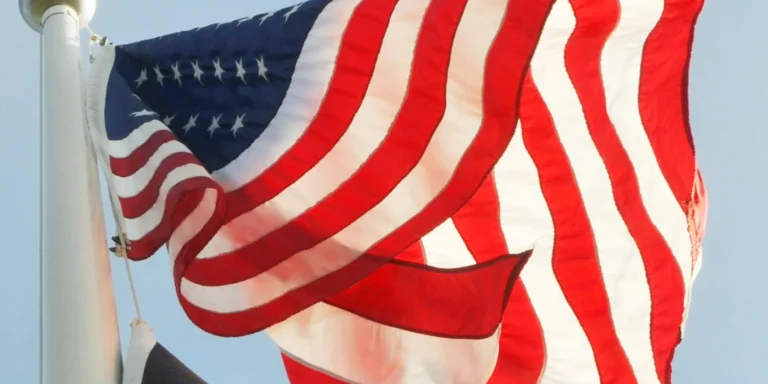

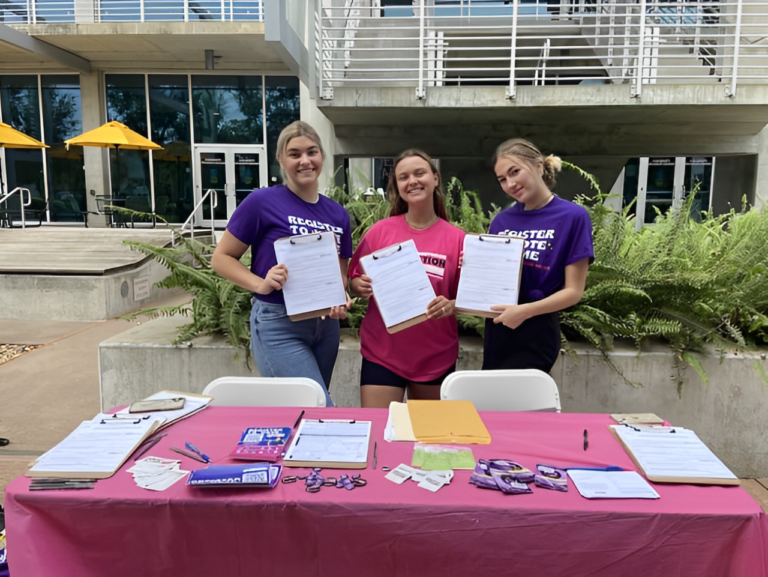
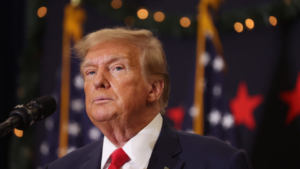
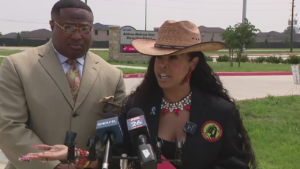
+ There are no comments
Add yours